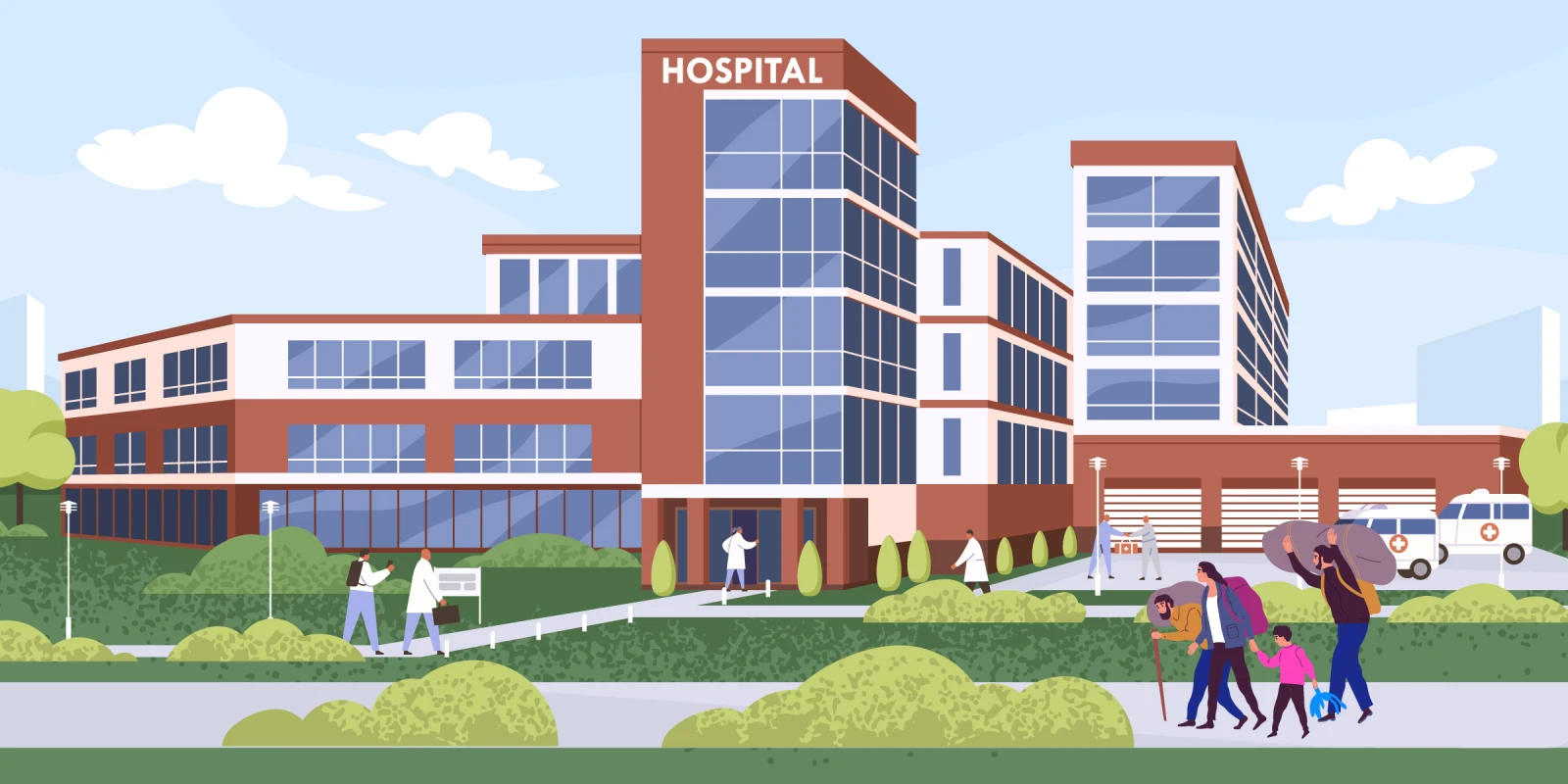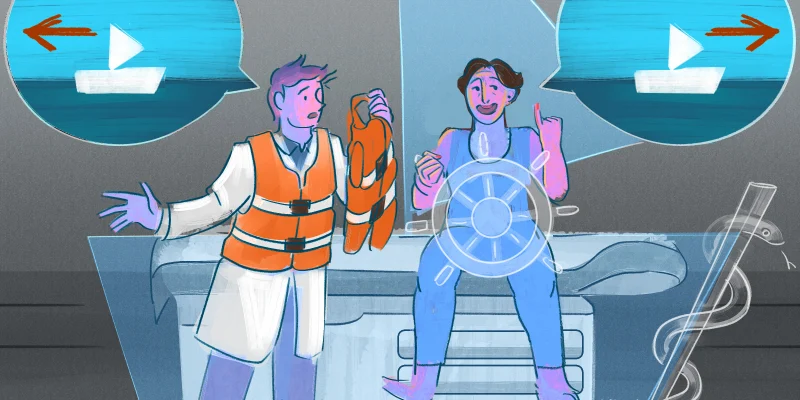Anticipation hung heavy in the air as I started a 10-hour overnight shift. I stepped into a bustling pediatric ED, teeming with worried parents, crying children, and blaring alarms demanding doctors to pay attention to the vital signs on display.
l settled into my seat and logged into the computer. The screen huffed to life, displaying the current ED patients and their chief complaints: asthma, gastroenteritis, laceration repair, sickle cell pain crisis. The initial hours of my shift passed in a whirlwind as I prepared to see my next patient — a 5-year-old boy with a chief complaint of difficulty breathing. He lay in bed with his mother and older brother flanked at his sides. She explained, "He's having trouble breathing and needs help."
Inquiring about his medical history, I learned of his prior asthma diagnosis. However, as I listened to his lungs, I found no signs of distress. No wheezing, no crackles, no rales, no anything — normal. A healthy child sat before me. When I asked about his home medications, his mother mentioned an "albuterol pump" and requested a refill.
When I asked for her pharmacy of choice, she hesitated briefly. Nonetheless, I wrote the prescription and handed his mother the discharge paperwork. I turned to head to my next patient.
But all of a sudden, the mother spilled with vulnerability, "We don't have a place to go after leaving here."
I turned back, recalling the hesitation I had dismissed earlier. Suddenly, the cacophony of beeps and screaming children and hospital beds with squeaky wheels fell silent to the heavy realization that patients saw doctors for housing, for public health, for advocacy, too. Where was the prescription for that? I promptly consulted the ED social work team to see the family and initiate the process of securing housing. I learned from social work that this family had recently immigrated from Haiti and stayed in a friend’s attic until they were kicked out. They had nowhere else to go but here.
As hours continued to pass, the ED waiting room emptied. Until it suddenly boomed with patients and their families. I braced myself for what I assumed would be an impending onslaught of sick children. I inhaled a pep talk and exhaled the fact that it was 3 a.m. As I refreshed my computer screen, each chief complaint revealed a stark reality:
A 17-year-old M is here for homelessness.
An 8-year-old F and her mother are here for homelessness.
A 4-month-old F and her parents are here for homelessness.
Homelessness.
The pediatric ED was now the collision site of health care and advocacy; it was now a homeless shelter.
As families trickled back into the ED, they told me that they had recently arrived at the airport and that there were signs telling them to go to the hospital for housing.
And so they went.
The hospital was their first stop upon entering the U.S. I was the first doctor they were seeing here. The significance of that was not lost on me.
Slowly, each family received attention and connected with social work. As my shift went on, I reflected on the fact that I felt more prepared to address medical conditions than homelessness. It was 5 a.m., and I wasn’t entirely sure those were two different issues. For these migrants, housing was medical care.
Over the past few years, Boston's EDs have experienced an influx of migrant families from Haiti, the Dominican Republic, South and Central America, and African countries. The majority of migrants seek help at Boston’s hospitals within their first 90 days in the U.S. — or often on their very first day, as was the case with my patients. Massachusetts is the only state in the U.S. with a “right to shelter” law that guarantees eligible families a place to stay. Even with this legislation, it is frequently difficult for unhoused families to achieve timely access to housing, food, transportation, mental health support, education, social services, and medical care outside of the ED.
Hospitals now find themselves in the middle of humanitarian crises. As doctors, we must not only address the medical concerns of newly arrived migrant families but also advocate on their behalf to help them receive one of the most critical aspects of health — housing.
How have you supported patients with needs beyond their medical concerns? Share your experiences in the comment section.
Dr. Tasia Isbell is a pediatrician at Boston Children's Hospital and Boston Medical Center. She enjoys cycling, traveling, and exploring the world through cuisine. She tweets at @DrTasiaIsbell. Dr. Isbell is a 2023–2024 Doximity Op-Med Fellow.







